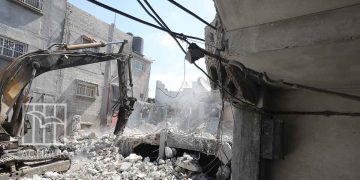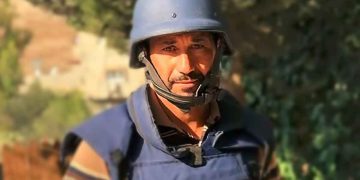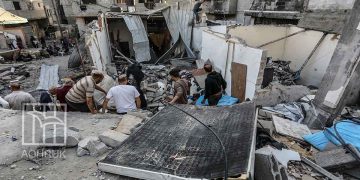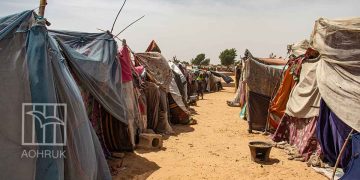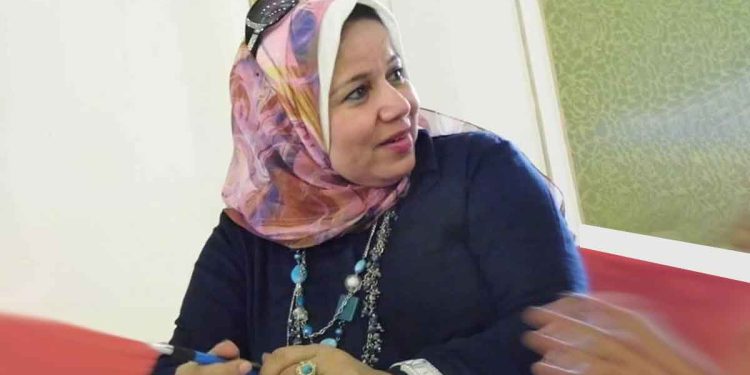The Egyptian authorities have once again arrested journalist Safaa El-Korbejy, nearly a year after her previous release. She now faces charges from the Supreme State Security Prosecution, including “joining a terrorist group” and “spreading false news”, accusations frequently used by the regime to harass and suppress its critics.
El-Korbejy’s arrest follows a series of security summons and online surveillance targeting her journalistic activity, at a time when Egypt continues to experience a steep decline in press freedom and freedom of expression.
This marks her second arrest, the first being in 2022 due to posts critical of the authorities, after which she was released under restrictive conditions.
Her re-arrest reflects a systematic policy of criminalising peaceful expression of opinion, using security legislation to pursue independent voices, especially journalists operating outside state media or those critical of the government.
El-Korbejy’s detention represents a clear violation of her rights under Article 65 of the Egyptian Constitution, which guarantees freedom of thought and expression, as well as Article 19 of the International Covenant on Civil and Political Rights, which Egypt is bound to uphold. Moreover, the extended use of pretrial detention without trial contradicts Article 9 of the Universal Declaration of Human Rights, which prohibits arbitrary detention.
The broad and vague charges, such as “spreading false information” or “joining a terrorist group,” are part of a wider strategy to bring the media under full state control, criminalising dissent and turning journalism into a prosecutable offence. More than 20 journalists remain in detention in Egypt, while hundreds of news and media websites are blocked or heavily censored.
The re-arrest of Safaa El-Korbejy underscores that freedom of expression in Egypt is no longer a protected right but a punishable offence. Journalism is being treated not as a public service but as a national security threat. This ongoing crackdown on independent voices highlights a broader state policy aimed at silencing dissent, suppressing the public sphere, and undermining the very foundations of press freedom.

